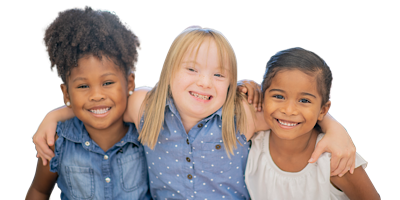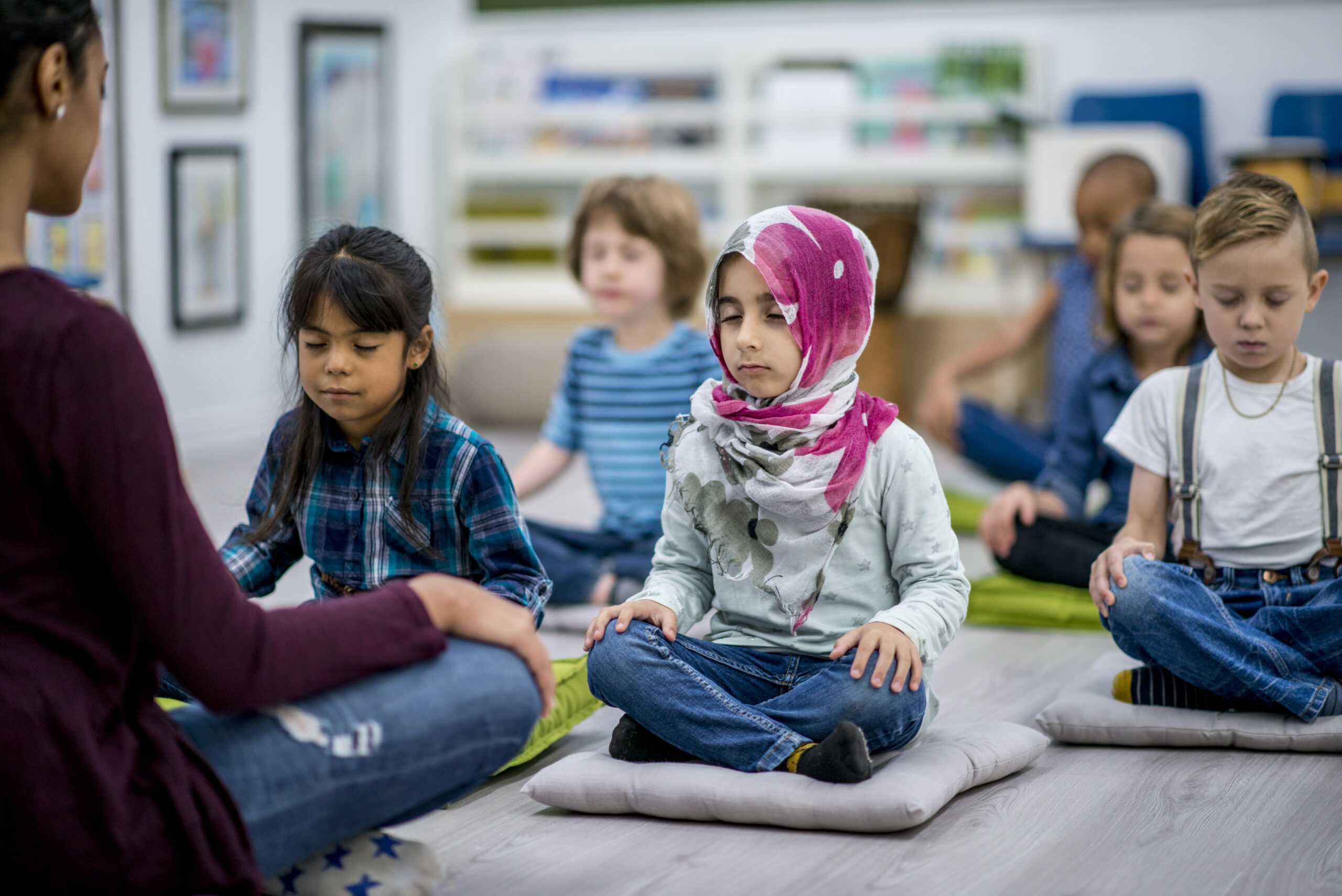Currently, the world is going through a difficult adjustment. We are all learning to cope with the restrictions required to safely survive this Covid-19 crisis. And with all of the uncertainty adults feel about the best way to respond, consider the sense of chaos children must feel. So, how should you talk to young children about the Coronavirus?
If your kids are anything like mine they have questions. Maybe not specifically about the virus, but definitely about the changes in our lifestyle. I’m not ashamed to say that usually when my kids have days off, we stay out of the house. I believe in community based activities. For their benefit (exposure, diversity, education) and mine (sanity, relief, mental break). Therefore, we are all feeling the emotional effects of social distancing and self-quarantining.
What do young children need to know about Coronavirus?

Recently my four-year-old son woke me up (very, very early in the morning) crying that he had a dream that made him want to go to school. At once I, ignoring my sleepy annoyance, calmly reassured him all the way back to bed that we would talk about it more the morning. And we did. Later that day, at dinner, he stated that he guesses he would never get to go to school again. His statement indicated both his active processing of our earlier talk and his need for further information. He was clearly, indicating to me that we will be talking about “it” again. Probably as long as his routine and way of life is altered, we will need to revisit the topic and bolster his sense of security and the future.
What is age appropriate?
One way to determine what is age appropriate is based on the questions they are asking. Allow your children to lead you by asking them what do they know about the “Coronavirus” or “Covid-19”? Then allow them to present you with the questions they have. This will vary according to their age and their experience. (You must be prepared to answer any question with as much factual information as possible. Do not make promises that may be broken.)
Use your child’s experiences and environment to help illustrate this new and somewhat incomplete information. Be careful not to introduce new anxieties with too much uncertainty. The best way to avoid this is to be clear and concise. Try not to overwhelm them with too much information. Again, focus on answering their questions. Give very specific, concrete information. Ask questions to reflect their understanding of the discussion and allow them to ask questions often.
How often should we talk about Coronavirus?
What did my son’s questions and concerns teach me? That I need to talk to him more often about the changes we are enduring and future expectations, that are certain. For example, I try to focus on future activities and experiences we can rely on such as video chatting, writing old fashioned letters, game nights and exploring our neighborhood.
What do I say to my young children about Coronavirus? (But not all at once)
- The coronavirus is a very specific type of germ that can make some people feel sick. It’s like a cold or the flu. But it is also different.
- The coronavirus looks like a sensory ball, but it is not fun and it is not a toy. It is serious. (A picture of the micro-organism is all over the news and internet and must be addressed.)
- The Coronavirus can spread between people very fast.
- To slow the spread we need to stay at home, wash hands frequently, cover mouths when sneezing or coughing, and stay away from crowds of people.
- You may wear a mask or see people wearing a mask. The mask is to help keep them safe from germs or to keep others safe from their germs.
- To take care of yourself, your family, and others we need to stay far apart. When people spend too much time too close together, the virus can spread.
- It is not safe to spend time at school, the library, the trampoline park, the park park, the bounce house, the arcade, your favorite restaurant or your soccer game. Because those places have a big crowd of people and lots of germ spreading.
- People need to wash their hands very well and often to take care of themselves and to take care of others. When you wash your hands you get rid of the germs.
- The Coronavirus makes people sick. Some people get a little sick. Other people get very sick and have to go to the hospital. People who get sick have doctors and nurses to help them.
- If you get sick doctors, nurses, and family will help you.
- Sometimes, very very few people will get so sick they will not get better.
- All kinds of people all over the world have the Coronavirus. You can not tell who has the coronavirus by looking at them. There are no physical characteristics that make the Coronavirus spread.
- Nobody, no country, no population is responsible for creating or spreading the Coronavirus. The virus is everybody’s problem.
- We are staying home and staying away from crowds now to help the people who are sick get better without getting more people sick. This will help keep us safer and help others stay safer.
- This will not last forever.
- You will be able to go to school, the park, a friends house again.
- This will not last forever.
- Ask as many questions as you want.
Okay I made it through “the talk”. Now what?
Get ready to do it again when they are ready. Remember, when talking about difficult topics, meet your child where they are developmentally. Reflect and validate the thoughts and feelings your children express. Follow your young child’s lead and answer their questions, again and again. Try to set a consistent example of the behavior you want them to adopt. Monitor your child’s exposure to all media. Give young children relevant information and be available to calm their anxiety repeatedly.
The security of parental support will help your children get through this tumultuous time. Keeping as many routines/traditions/schedules in place as possible as this aids their sense of security. Catch them doing good and praise them frequently for helping the family and community get better.
If your children are missing a particular experience from their previous daily routines, such as a favorite teacher, try to find out specific details. If it’s a specific friend or time of day you may be able to work on an alternative experience such as video chatting with a friend, emailing a favorite teacher or you tubing a favorite class video to renew a sense of connection.
My son was able to video-chat with his teacher. Seeing her seemed to help settle his concerns about never going to school again. However, the question of when he will go to school again is a topic that is ever present and revisited frequently.





Great article, and I can see how it can be helpful for so many parents, as a tool to help guide them through this crisis, with strong responses to their children’s concern. I noticed that you did not tackle the subject of death, as it relates to COVID 19, was this intentional, or do you think approaching this subject, may make the children even more upset. I don’t have kids, but was just wondering, how parents are dealing with that subject.
Thanks for the feedback and the question. The purpose is to give age appropriate information for younger children. So I did include the statement that some people get so sick that they do not get better. This can feed into further discussion about death as deemed necessary by Parents.
Good day! Would you mind if I share your blog with my zynga group? There’s a lot of people that I think would really enjoy your content. Please let me know. Cheers
Wow, awesome blog layout! How long have you been blogging for? you made blogging look easy. The overall look of your website is great, as well as the content!
That is really fascinating, You are a very professional blogger. I’ve joined your rss feed and stay up for searching for more of your excellent post. Also, I have shared your website in my social networks!
Fantastic post but I was wondering if you could write a litte more on this subject? I’d be very thankful if you could elaborate a little bit further. Appreciate it!